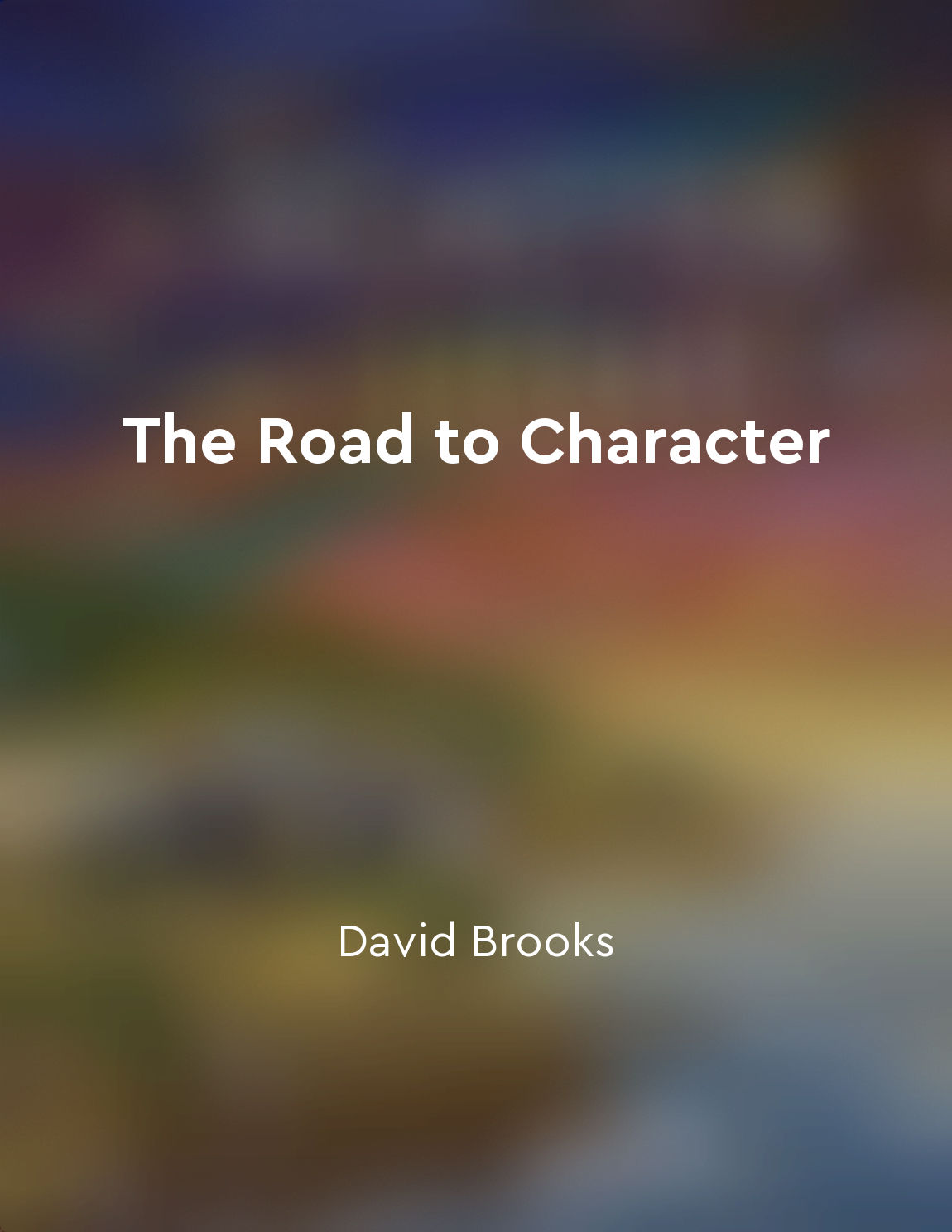Liberals and conservatives prioritize different moral values from "summary" of The Righteous Mind by Jonathan Haidt
The moral foundations that we use to make judgments about right and wrong are like taste buds, guiding us towards what feels right and away from what feels wrong. Liberals and conservatives possess different moral taste buds, leading them to prioritize different moral values. Liberals tend to prioritize care and fairness, valuing compassion and equality above all else. They are more likely to see issues through the lens of harm and injustice, focusing on the needs of individuals and advocating for social justice. On the other hand, conservatives have a broader moral palate, including additional foundations such as loyalty, authority, and sanctity. They value loyalty to one's group, respect for authority, and the preservation of sacred traditions and values. For conservatives, issues are often viewed in terms of loyalty to the group, respect for authority figures, and the maintenance of traditional moral values. These additional moral foundations shape the way conservatives approach moral judgments and influence their political beliefs. The differences in moral values between liberals and conservatives can lead to misunderstandings and conflict, as each side struggles to understand the other's perspective. Liberals may view conservatives as heartless or uncaring, while conservatives may see liberals as naive or lacking in respect for authority and tradition. These misunderstandings can create barriers to communication and cooperation, making it difficult for individuals with different moral foundations to find common ground. Understanding the moral foundations that drive our beliefs and judgments can help bridge the gap between liberals and conservatives. By recognizing and respecting the diverse moral values that shape our worldviews, we can begin to have more productive conversations and work towards finding solutions to the challenges we face as a society. Recognizing the complexity of moral psychology can help us move beyond simplistic stereotypes and foster greater understanding and empathy across political divides.Similar Posts
Public perception versus personal truth
In our society, there is often a stark contrast between how the public perceives someone and the truth that lies within their o...

The universe is not designed for human life
The universe is not designed for human life. It is a vast and mostly empty expanse, with planets, stars, and galaxies scattered...
Patterns shape human societies across epochs
Throughout history, patterns have played a crucial role in shaping the development of human societies. These patterns, whether ...

Availability bias skews perception of likelihood
Availability bias refers to the tendency for people to rely on information that is readily available when making judgments abou...
Totalitarianism suppresses individual liberties
Totalitarianism is a political system that seeks to impose absolute control over every aspect of human life. In a totalitarian ...
Human behavior is a complex interplay of biology, environment, and experience
Human behavior is not solely determined by genetics or environment but is rather a complex interplay of both. Our biology plays...
Principles derived from reason are not always followed
Reason is the faculty that enables us to form principles of conduct and to govern our actions accordingly. It is supposed to be...
Emotions play a key role in decisionmaking and persuasion
Emotions are not separate from reason, but inextricably linked to it. They shape the way we think, the way we reason, and the d...

Moral courage is needed to stand up for our beliefs in the face of adversity
In a world that often values external success over internal integrity, it takes a great deal of moral courage to stand up for o...

People should question all beliefs and not blindly accept what they are told
The mind of man is left to itself, it will embrace truth. It is the nature of the mind to seek out knowledge and understanding....
